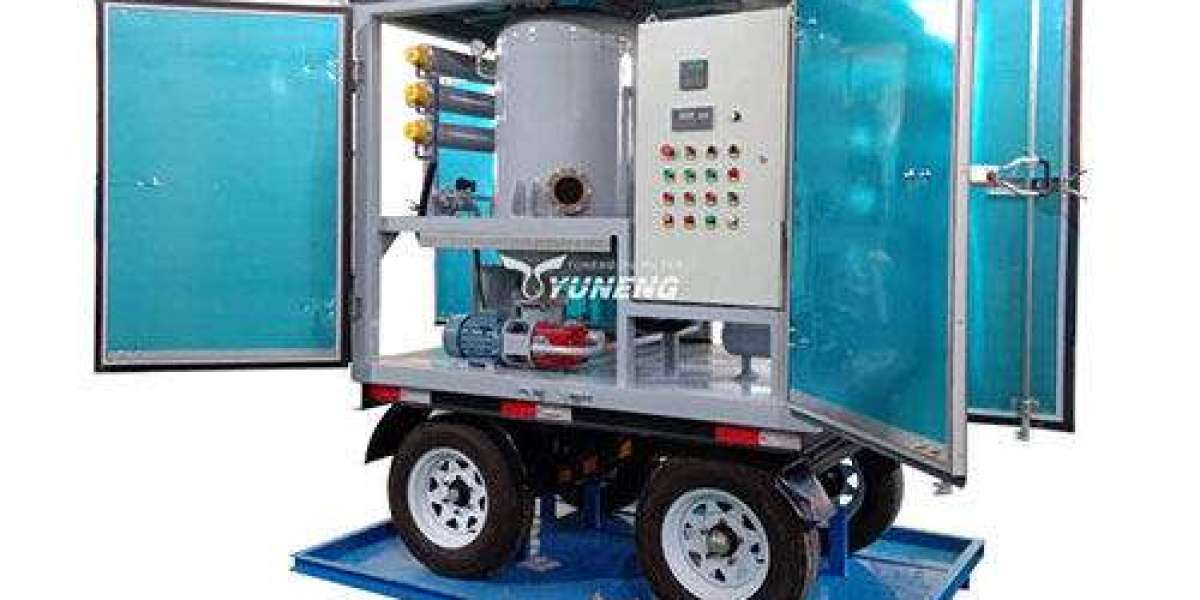But what exactly are high vacuum oil filters, and how do they differ from their everyday counterparts? Buckle up, because we're about to delve into the low-pressure world of advanced oil filtration.
Reaching Ultra-Cleanliness: The High Vacuum Advantage
Regular oil filters do a fantastic job capturing dirt and debris, but they leave behind microscopic contaminants invisible to the naked eye. These microscopic nasties, like water vapor and dissolved gasses, can wreak havoc in high-vacuum environments.
This is where high vacuum oil filters take center stage. They employ powerful vacuum pumps to create near-perfect vacuums inside the filter chamber. This low-pressure environment allows for the removal of even the most stubborn contaminants, achieving unparalleled oil purity.
The Arsenal of Filtration: Layers of Protection
High vacuum oil filters aren't one-trick ponies. They typically employ a multi-stage filtration process, each layer tackling a specific type of contaminant:
Coalescing filters: These capture larger particles like dust and metal fragments.
Depth filters: These labyrinths trap finer particles and absorb moisture.
Membrane filters: These microscopic sieves remove ultra-fine particles and dissolved gasses.
This layered approach ensures comprehensive filtration, leaving no stone (or contaminant) unturned.
Where High Vacuum Reigns Supreme
The exceptional cleanliness provided by high vacuum oil filters makes them essential in various applications:
Vacuum pumps: Keeping pump oil spotless minimizes friction and wear, extending pump life and ensuring optimal performance.
Semiconductor manufacturing: Immaculate oil purity prevents contamination of sensitive wafer surfaces, crucial for chip production.
Pharmaceutical processing: Sterile environments demand oil free of bacteria and other contaminants.
Scientific instrumentation: High-precision instruments require ultra-clean oil to deliver accurate and reliable results.
Maintaining Peak Performance: Care and Feeding of High Vacuum Filters
Like any hardworking hero, high vacuum oil filters need a bit of TLC to perform at their best. Regular monitoring and filter element replacement are key. Additionally, choosing the right filter media for your specific application and oil type is crucial for optimal efficiency.
The Takeaway: Purity Worth Its Weight in Precision
High vacuum oil filters might seem like niche players, but their role in ensuring smooth operation and safeguarding sensitive equipment is undeniable. By achieving unfathomable levels of cleanliness, they allow critical machinery to hum along flawlessly, pushing the boundaries of precision and performance. So, the next time you encounter a high vacuum environment, remember the silent guardians standing guard behind the scenes, keeping the oil pure and the machines singing.








